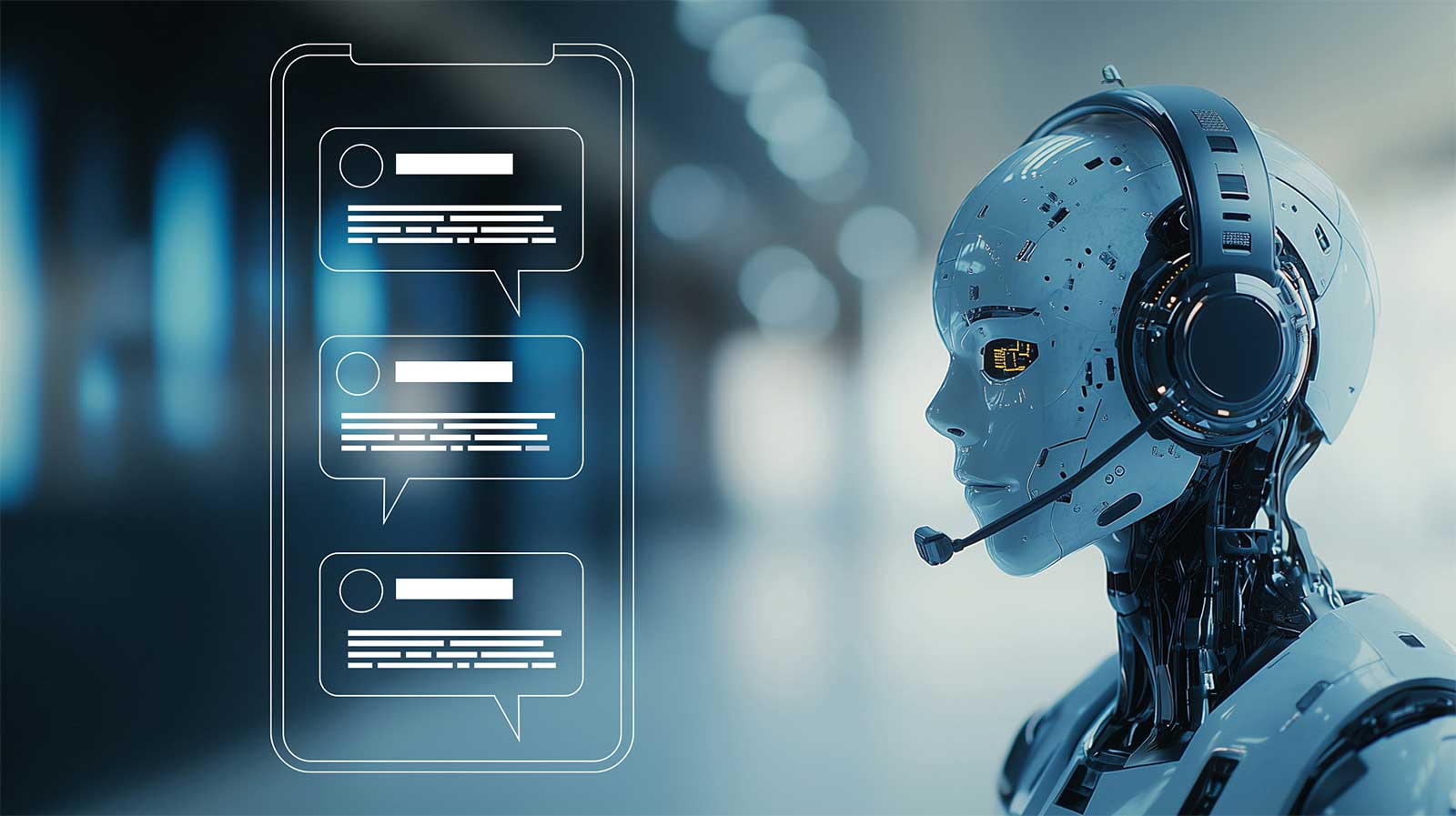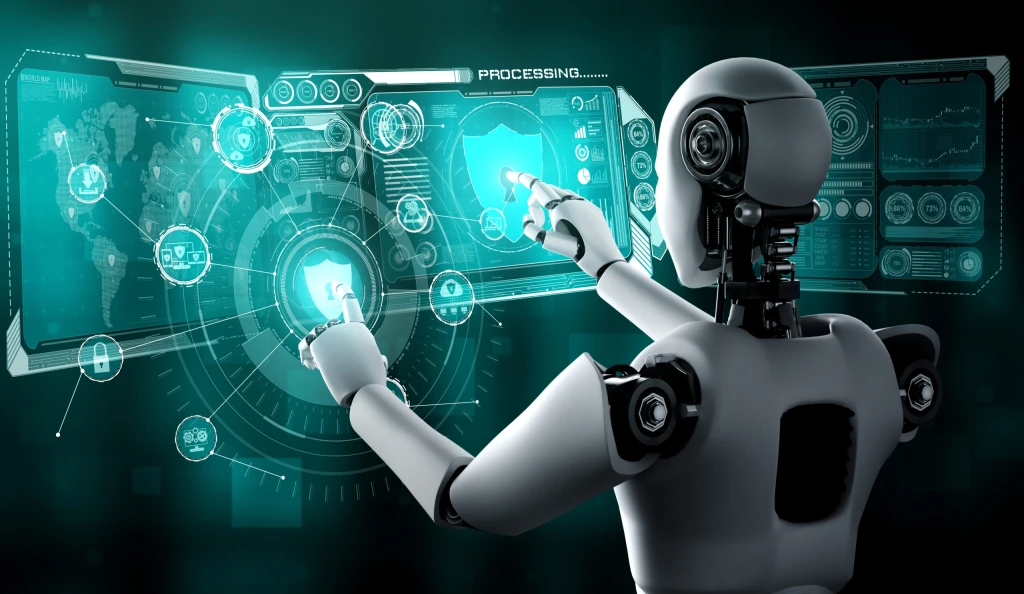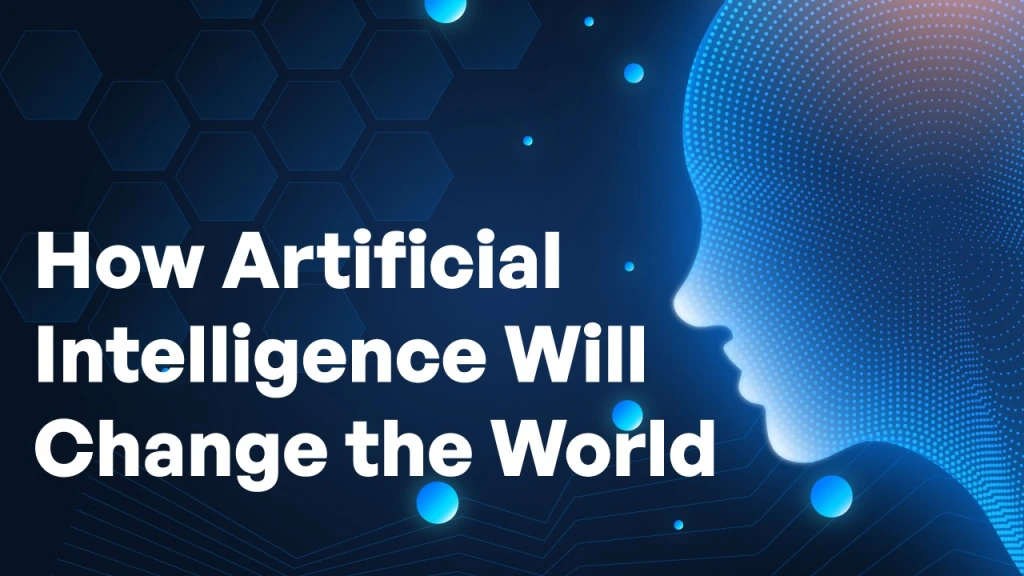Test AI on YOUR Website in 60 Seconds
See how our AI instantly analyzes your website and creates a personalized chatbot - without registration. Just enter your URL and watch it work!
1. Introduction: AI’s Growing Importance in Cybersecurity
By integrating AI-driven threat detection, automated responses, and predictive security measures, organizations can proactively mitigate risks and enhance digital security. This blog explores how AI is reshaping modern cybersecurity, the challenges it faces, and the future of AI-powered security solutions.
2. How AI Enhances Cybersecurity
1. AI-Powered Threat Detection and Prevention
AI identifies cyber threats faster than traditional methods by analyzing network traffic patterns and detecting suspicious activity.
Machine learning algorithms can recognize zero-day attacks—threats that exploit previously unknown vulnerabilities.
AI-driven malware detection tools continuously evolve, identifying and blocking new forms of malware before they spread.
2. Automated Incident Response
AI enhances Security Information and Event Management (SIEM) systems by automatically responding to threats.
Automated security protocols can isolate compromised systems, preventing the spread of cyberattacks.
AI-powered intrusion detection systems (IDS) provide instant alerts and execute real-time mitigation strategies.
3. Behavioral Analysis for Fraud Prevention
AI monitors user behavior to detect anomalies, such as unusual login locations or atypical transaction patterns.
Fraud detection models powered by AI protect financial institutions from identity theft and fraudulent transactions.
AI-powered authentication systems, including biometric verification, enhance security by reducing reliance on passwords.
4. Predictive Cybersecurity with AI
AI uses predictive analytics to identify potential threats before they occur, helping security teams stay ahead of attackers.
By analyzing historical data, AI predicts cyberattack patterns and suggests proactive defense strategies.
Threat intelligence platforms leverage AI to provide real-time risk assessments for organizations.
3. AI in Cybersecurity: Industry Applications
1. Financial Services & Banking
AI-powered fraud detection systems analyze transaction patterns to prevent unauthorized access.
AI-driven risk analysis tools help banks comply with regulatory security standards.
2. Healthcare & Medical Data Protection
AI safeguards patient records by monitoring access logs and preventing data breaches.
AI-driven encryption tools protect sensitive electronic health records (EHRs) from cyber threats.
3. E-Commerce & Retail Cybersecurity
AI helps detect fraudulent transactions and prevents payment processing fraud.
AI-powered chatbots and virtual assistants enhance secure customer interactions.
4. Government & National Security
AI strengthens cybersecurity in critical infrastructure, such as energy grids and defense systems.
Governments use AI-powered cyber warfare defense systems to counteract digital espionage threats.
4. Challenges of Using AI in Cybersecurity
1. AI Can Be Exploited by Cybercriminals
Hackers are developing AI-driven malware and deepfake attacks that bypass traditional security measures.
AI-powered phishing scams and social engineering tactics are becoming more sophisticated.
2. False Positives and Alert Fatigue
AI systems may generate false positives, overwhelming security teams with unnecessary alerts.
Improving AI’s accuracy in distinguishing between real threats and harmless anomalies remains a challenge.
3. Ethical and Privacy Concerns
AI-driven surveillance tools raise questions about user privacy and ethical cybersecurity practices.
Organizations must balance AI-powered security with compliance to data protection laws (e.g., GDPR, CCPA).
4. High Implementation Costs
Developing and maintaining AI-driven security solutions require substantial financial investment.
Small businesses may struggle to adopt AI cybersecurity solutions due to cost constraints.
5. The Future of AI in Cybersecurity
1. AI and Quantum Cybersecurity
Quantum computing advancements will require AI-driven post-quantum encryption methods.
AI will develop advanced cryptographic techniques to protect against quantum cyber threats.
2. Self-Healing AI Security Systems
AI-driven security systems will automatically detect, isolate, and repair vulnerabilities without human intervention.
Autonomous cybersecurity frameworks will continuously adapt to new threats.
3. AI-Powered Cybersecurity as a Service (CaaS)
AI-driven security solutions will be offered as cloud-based services for businesses of all sizes.
AI Security-as-a-Service (AI-SaaS) will provide scalable cybersecurity protections.
4. Increased Regulation for AI Cybersecurity
Governments will introduce stricter AI security standards and compliance requirements.
Ethical AI cybersecurity guidelines will focus on transparency, accountability, and responsible AI deployment.
6. Conclusion: AI as the Future of Cyber Defense
While challenges remain—such as ethical concerns and AI-driven cyberattacks—the future of AI-powered cybersecurity promises stronger, smarter, and more adaptive defenses. As cyber threats grow in complexity, organizations must embrace AI-driven security solutions to protect their digital assets and ensure a safer, more secure online environment.






